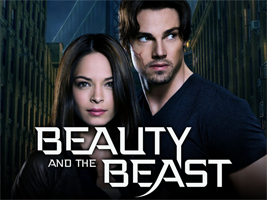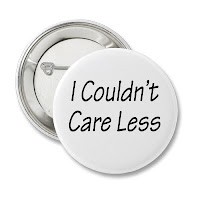Mothers and vampires


Is it true that for women it’s about sorting out relationships and love and for men it’s about being concerned with right actions and living? Is it true that after all the feminist efforts to obtain/attain political equality there appears a residual difference between women and men? Within this genre, women seem to continue to have the burden to be concerned about healthy love and relationships, whereas men have the potential advantage of leaning on/learning from women’s work to educate them. The question for us is, is this trope the only one that represents the way humans learn about loving relationships? And Is beauty and the beast the only story that’s available and/or the one that girls and women want to watch?



Comments
Post a Comment